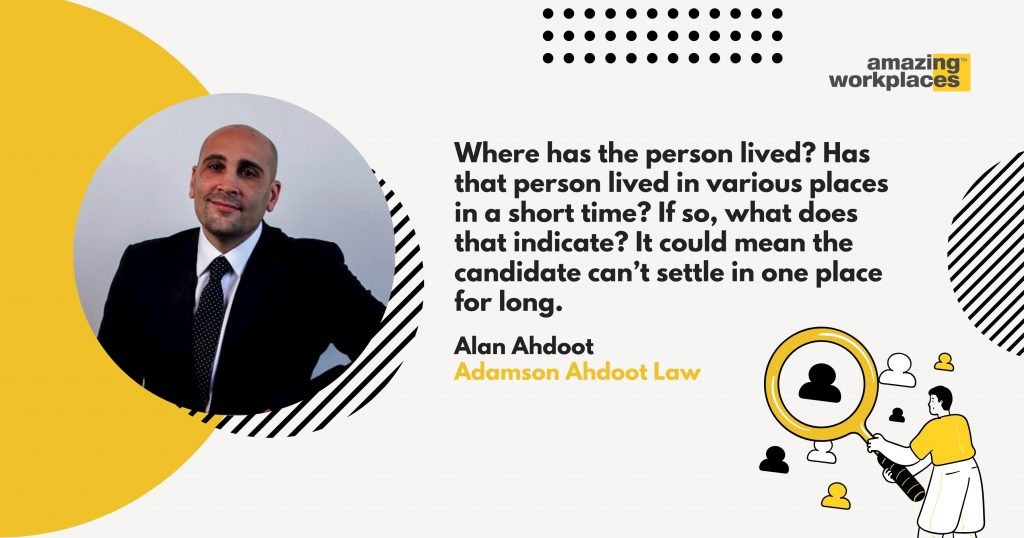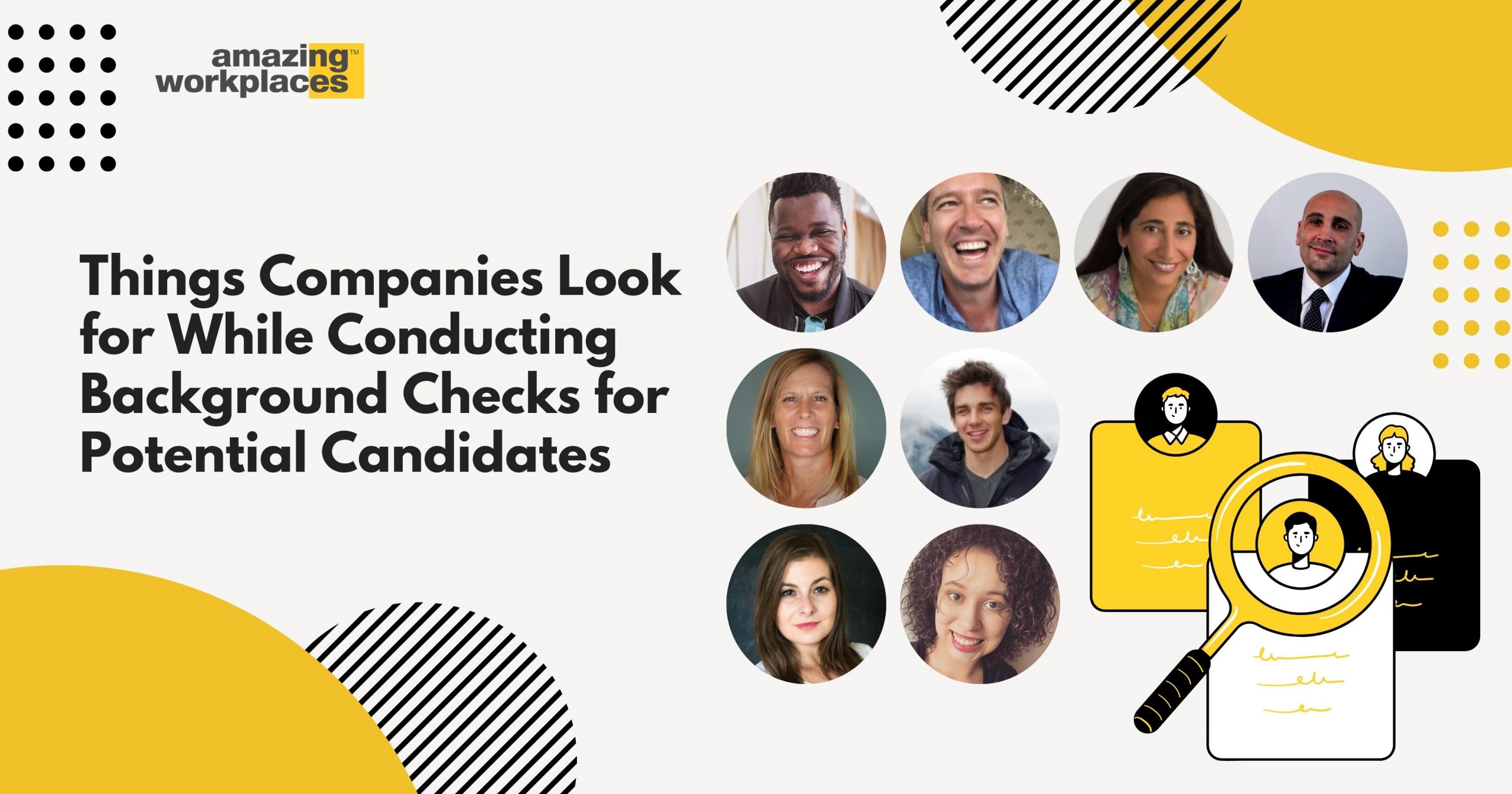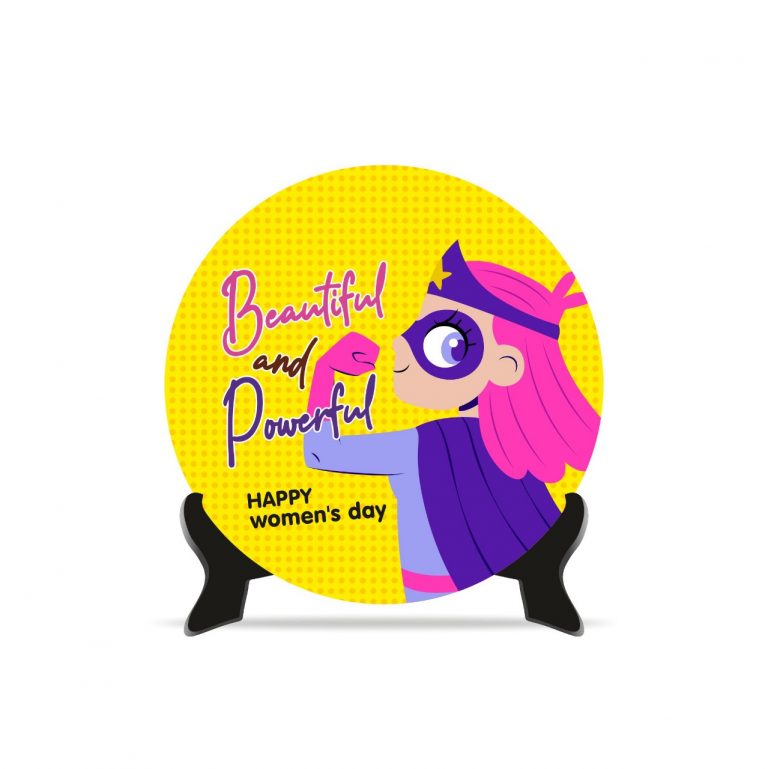What is one thing companies look for when running applicant background checks?
If you’ve made it far in any hiring process, after all of the interviews and tests, you’ve more than likely encountered the pre-eminent step before the offer: The Background Check. But what all goes into a background check? And what, specifically, are candidate “red flags” your potential employer will be keeping an eye out for?
Well, we have some insight that might help to demystify the process for you, as we asked 10 recruiters and HR professionals this question for they look for when looking into a candidate’s background. Here’s what they had to share:
- Long Gaps Between Employment
- Driving Record
- Medical History
- Previous Residency
- Personnel Files from Previous Employers
- Criminal Background
- Non-compete Agreements or Clauses
- References for Character Assessment
- Social Media Presence
- Honesty
Long Gaps Between Employment
When looking at an applicant’s background check, many HR professionals look for long gaps in employment. Sometimes, this can indicate some much-needed time off, or perhaps even challenges brought on by the pandemic. However, it may also indicate that employment will not provide a positive reference. So, it’s always best to question any pauses between employment.
Shaun Price, MitoQ
Driving Record
Jobs that may require you to transport goods or materials may want to know that you’re a good driver. Checking your driving record ensures a company that you have a proven history of safely operating vehicles. A history of unsafe driving not only threatens the safety of goods being transported, but may open the company up to disruption and liability if an on-the-clock driver has an incident while on the road. To avoid this, any company that requires you to drive in any official capacity is likely to run a thorough check of your driving record.
Boye Fajinmi, TheFutureParty

Medical History
In some industries, especially where a high amount of intelligence, awareness, or even physical strength is an essential job requirement, a candidate’s medical history is of considerable importance. This requirement of physical fitness or health details holds even when a candidate has to travel extensively or is required to go abroad on their job. To avoid rejection, candidates may fail to mention some details of their physical and mental health. In such cases, a background check comes in handy and reveals essential information that could be important to an employer.
Azmaira Maker, Ph.D., Aspiring Families
Previous Residency
Where has the person lived? Has that person lived in various places in a short time? If so, what does that indicate? It could mean the candidate can’t settle in one place for long. It could be an indication that the candidate is indecisive or never satisfied with a job. It’s something to address when the candidate is interviewed. If the candidate has already been interviewed, schedule a phone call to address the matter. Get some clarity on why the candidate has lived in five different cities in three years. Make sure they give a satisfactory answer before you proceed with that candidate.
Alan Ahdoot, Adamson Ahdoot Law

Personnel Files from Previous Employers
In more thorough background checks, verification teams can even access the personnel files of candidates from their previous employers. This is especially true when employers are obligated to share these details as regulatory requirements. Employees’ personnel files provide relevant insights regarding their employment history, workplace behavior, experience details, and other credentials. This cross-verification enables employers to double-check the information provided by employees and make hiring decisions.
Related Posts
Mary Jurgensen, Gary and Mary West PACE
Criminal Background
Companies should always conduct criminal background checks on their applicants, but especially in today’s hybrid and remote work settings. It’s unlikely that you’ll have the opportunity to meet every remote employee face-to-face that you hire, so performing a search on the national, county, and state level criminal databases and FBI sex offender database is highly recommended. You can also perform social media checks, verify employment with past jobs, and conduct reference checks to further get to know potential candidates.
Marilyn Zubak, Snif
Non-compete Agreements or Clauses
Employees may fail to mention, or may even be unaware, of non-compete agreements or the presence of such clauses in previous employment contracts they may have signed. A background check reveals a list of old employers and allows the verification team to run relevant inquiries on any such clauses that may still be binding on the employee. Even when the opportunity to make inquiries is unavailable, the list of employers is enough to give the HR team an idea of whether the candidate is likely to have signed a non-compete agreement.
Kris Harris, Nootka Saunas
References for Character Assessment
There are different types of background checks, and every employer will use a different approach for pre-employment vetting. Reference checks are one of the most common form of background check employers look at when evaluating candidates. Hiring managers ask job applicants to include at least two references whom HR can contact in order to verify resume information such as work history, experience, and skills. More importantly, reference checks help evaluate a candidate’s job style, character, motivation, and work ethic. Given how commonly job seekers falsify information on their resumes, most employers conduct reference checks to ensure candidates are who they say they are.
Paul French, Intrinsic Executive Search
Social Media Presence
Facebook, Instagram, and LinkedIn are invaluable sources of information about a candidate’s private and professional life. Thus, every employee must be aware that their activity in social media can be subjected to research and analysis by a future employer. A resume gives a recruiter a basic overview of who the person is professionally. And LinkedIn is there to support or complement this information. However, private information published online can act as a red flag.
Personal photos, opinions, and comments show what kind of reputation the candidate has online and how they’re likely to represent the company. This information often determines whether an employee passes a background check. If a company has reservations about a potential employee’s social media presence, it can simply reject a specific candidate. Also, a lack of social media presence can be alarming. Therefore, for professional purposes, it’s good to at least maintain a LinkedIn profile.
Nina Paczka, Resume Now
Honesty
The amount of applicants that provide incorrect information when completing new hire paperwork surprised me quite early in my career. While we understand things like not remembering if the day you started work was a Monday or Tuesday, being years off for employment verification is a red flag. If a potential employee can’t pay attention to details when completing their new hire paperwork, or choose to intentionally provide misinformation in their documents, that’s cause for serious concern.
Lia Wilson, Aerotek











